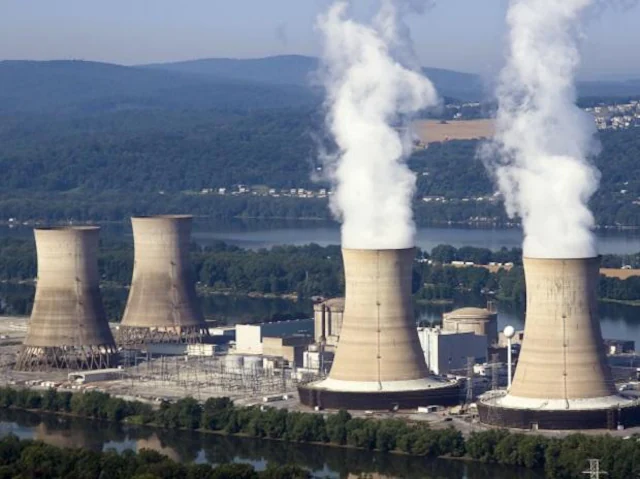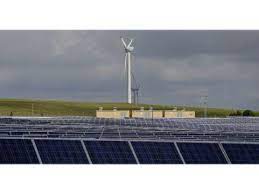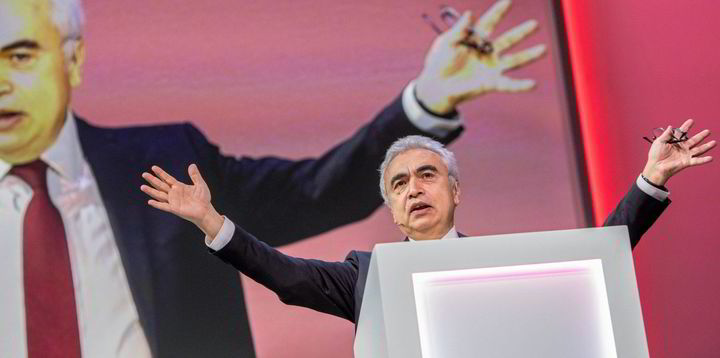

fetching latest news
News tagged in:

Millions of customers and businesses are concerned about whether and how the current energy crisis, which resembles the oil crisis and the high inflation of the early seventies, will impact net zero plans. This concern was echoed by Phil Manock, Head of Sales and Business Development at British Gas – which works in partnership with Centrica Business Solutions, who spoke to Sumit Bose, the Founder of future Net Zero during The Big Zero Show at the Coventry Building Society Arena. Mr. Manock said: “I think the main challenge right now is rising energy costs. Only 12 to 18 months ago, a customer spending a million pounds a year for the same energy today is probably spending three million pounds a year. “Part of the situation is to help customers through that energy crisis with solutions that we can try and find through better energy purchase or looking at how we can decarbonize and reduce energy costs more differently, it’s about where they are wasting energy? “We are investing £500 million in building a 900MW portfolio of solar and battery storage assets by 2026.

The International Energy Agency (IEA) has outlined that nuclear power can help countries in securing energy transitions. In its report titled "Nuclear Power and Secure Energy Transitions: From Today's Challenges to Tomorrow's Clean Energy Systems," the IEA on Thursday said that nuclear power can "reduce reliance on imported fossil fuels, cut carbon dioxide emissions and enable electricity systems to integrate higher shares of solar and wind power". Without nuclear power, the costs and complications for building systems for energy transitions are important, the IEA noted. A total of 32 countries have nuclear plants and nuclear power is the second largest source of low emissions power after hydropower, the IEA said. According to the IEA, with the peak of oil, gas, and electricity prices, nuclear power is "likely to be further stimulated," Xinhua news agency reported.

Global “Energy Sector Composite Materials market” 2022 report highlights information regarding market size, share, trends, growth, product price trend analysis, global market competition landscape, market drivers, challenges and opportunity, manufacturer production volume, revenue, sales data and forecast to 2028. This report contains an in-depth analysis of the Energy Sector Composite Materials market, including all of the factors that influence market growth. This report includes comprehensive quantitative evaluations of the Energy Sector Composite Materials industry and data for emerging market growth and efficacy. The report examines the competitive landscape, major manufacturers’ product and service offerings, and the business strategies deployed to retain leading position in the global market.

“United against megalomania” was how one German newspaper succinctly put it. Sanctions on Russian gold exports, the enlargement of the Nato intervention force to six times its current strength, an air missile defence system for Ukraine, and a broad commitment that the Group of Seven will be with Ukraine for as long as it takes. None of these, secured at this week’s G7 summit held high in the Bavarian Alps in weather that ranged from glorious sunshine to shattering thunderstorms, is a paltry achievement. But there was one idea that stood out, both because it is new, divided the G7, and told a bigger story about the dilemma the west faces as it tries to damage Vladimir Putin’s war economy.

US president Joe Biden expects G7 leaders to debate steps to “stabilise global energy markets” as Washington seeks more cooperation to contain the high commodity prices weighing on the global economy. A senior Biden administration official told reporters on Wednesday that the US would announce a “concrete set of proposals” to raise economic pressure on Russia over its war in Ukraine, hinting at a possible sanctions package when G7 leaders gather in Germany this weekend.

Worldwide energy investment to rise by 8% this year to reach $24trn but agency chief Birol warns added growth is still not enough to tackle energy and climate crises.